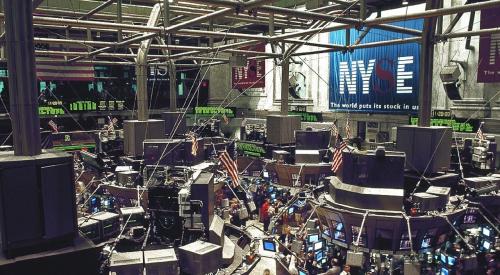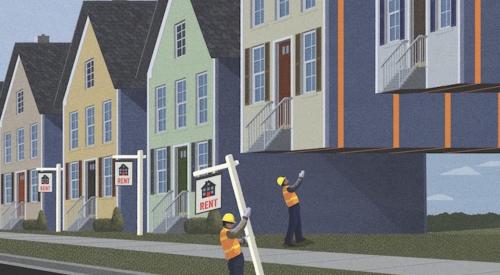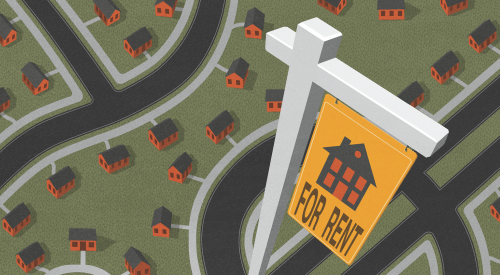Corporate landlords may be driving up single-family home prices in some cities.
Bloomberg reports that in the wake of the 2008 financial crisis, a number of financial companies bought up foreclosed homes to rent them out to tenants. A 2015 paper found that 6 percent of the housing stock was owned by corporate investors overall, solidifying the buy-to-rent model’s place in the market.
Especially in cities where this practice is more prominent, it could be having an adverse effect on the housing market. Corporations could use their power to raise rents and prices across cities, or to compromise the quality of their properties.
But the most troubling impact could be on the American Dream of homeownership. Increasingly, young Americans looking to buy houses will be competing with big corporate landlords. There are a number of reasons that competition will not favor the aspiring homeowner. Big landlords have cheap financing at their disposal—securitized bonds, REIT share sales—while individuals have to rely on mortgages. Big landlords may also value a house more, due to the high rents that their local market power lets them to squeeze out of tenants.













